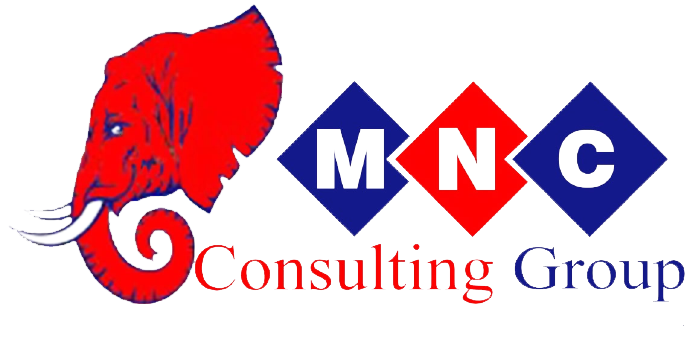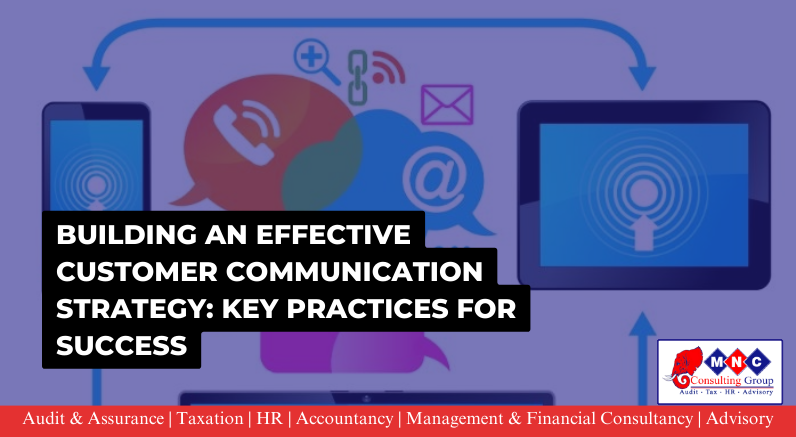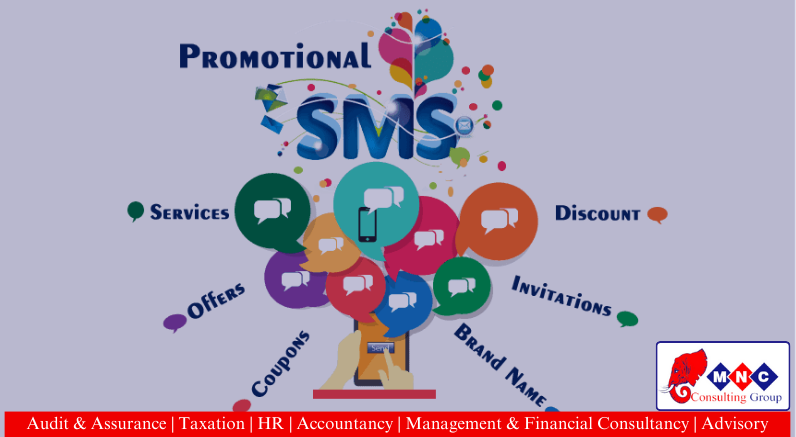Effective customer communication is the backbone of every successful business. It encompasses all interactions between a company and its customers, spanning digital and physical touchpoints such as emails, calls, live chats, and face-to-face meetings. A well-crafted customer communication strategy not only enhances engagement but also fosters stronger relationships and boosts retention rates.
What’s Customer Communication?
Customer communication involves the exchange of information, inquiries, and feedback between a business and its clientele. It plays a pivotal role in shaping customer perceptions, resolving issues promptly, and ultimately driving loyalty.
Importance of a Robust Customer Communication Strategy
A well-defined customer communication strategy serves several critical purposes:
- Enhanced Customer Engagement: By optimizing communication channels, businesses can effectively engage customers, encouraging active participation and feedback.
- Relationship Building: Consistent and personalized communication helps nurture relationships over time, fostering trust and loyalty among customers.
- Retention and Loyalty: A strategic approach to communication reduces churn rates by addressing customer needs promptly and proactively.
Steps to Develop a Customer Communication Strategy
Creating an effective customer communication strategy involves several key steps:
- Customer Personas: Develop detailed customer personas to understand the diverse needs and preferences of your target audience.
- Consistent Branding: Maintain uniform messaging and branding across all communication channels to reinforce your brand identity.
- Channel-Specific Strategies: Tailor communication strategies to suit each platform or channel where your customers are active.
- Omnichannel Integration: Integrate various communication channels seamlessly to provide a cohesive customer experience across platforms.
Best Practices for Customer Communication
Implementing best practices can significantly enhance the effectiveness of your customer communication strategy:
- Omnichannel Approach: Offer a seamless experience by integrating multiple communication channels, allowing customers to interact with your brand effortlessly.
- Personalization: Customize communications based on customer data to make interactions more relevant and engaging.
- In-App Messaging: Use in-app messages to provide timely assistance and guidance, enhancing the user experience within your product.
- AI Integration: Leverage AI tools to refine communication strategies, improve response times, and enhance the quality of customer interactions.
- Educational Resources: Develop in-app educational materials to empower customers with self-service options, reducing dependency on support teams.
- Chatbot Automation: Implement chatbots to automate routine inquiries and provide instant responses, improving efficiency and customer satisfaction.
- Team Training: Invest in training your customer service teams to enhance their communication skills and ensure consistent service quality.
- Metric Tracking: Monitor key metrics such as response times, resolution rates, and customer satisfaction scores to measure the effectiveness of your communication efforts.
- NLP Implementation: Utilize natural language processing to categorize and prioritize support tickets, optimizing response times and efficiency.
- Feedback Collection: Regularly gather customer feedback to identify areas for improvement and refine your communication strategies accordingly.
Tools for Effective Customer Communication Management
Managing customer communication effectively requires the right set of tools to streamline interactions, enhance engagement, and maintain consistency. Here are some essential categories of tools to consider:
Live Chat Software
Live chat software facilitates real-time communication between your business and its customers. It allows customer service representatives to engage with website visitors instantly, resolving their queries and providing support.
Features to look for include:
- Chatbot Integration: Automates responses to common questions.
- Co-Browsing: Enables agents to assist customers by navigating their screen.
- Analytics: Provides insights into chat performance and customer satisfaction.
Popular Live Chat Tools: LiveChat, Intercom, Drift
Project Management Tools
Project management tools help coordinate tasks and manage projects, ensuring that customer communication strategies are executed smoothly. These tools support team collaboration, task tracking, and deadline management.
Key Features:
- Task Assignment: Assign tasks to team members with due dates.
- Progress Tracking: Monitor project milestones and deadlines.
- Collaboration: Facilitate team communication and file sharing.
Popular Project Management Tools: Asana, Trello, Monday.com
Contact Management Tools
Contact management tools organize and manage customer contact information, ensuring that all customer interactions are logged and easily accessible. These tools help maintain up-to-date records of customer details and communication history.
Key Features:
- Database Management: Store and organize customer contact information.
- Interaction History: Keep track of all communications with each contact.
- Segmentation: Categorize contacts for targeted communication.
Popular Contact Management Tools: Google Contacts, Contacts+
Email Marketing Platforms
Email marketing platforms enable businesses to design, send, and track email campaigns. These tools help you communicate with customers at scale, delivering personalized messages and tracking engagement metrics.
Key Features:
- Email Templates: Pre-designed templates for various campaigns.
- Automation: Schedule emails and set up automated follow-ups.
- Analytics: Track open rates, click-through rates, and conversions.
Popular Email Marketing Platforms: Mailchimp, Constant Contact, Sendinblue
Social Media Management Tools
Social media management tools help businesses manage their social media presence across multiple platforms. These tools allow for scheduling posts, monitoring engagement, and responding to customer inquiries.
Key Features:
- Post Scheduling: Plan and schedule posts in advance.
- Analytics: Monitor engagement metrics and audience insights.
- Inbox Management: Consolidate messages from various social platforms.
Popular Social Media Management Tools: Hootsuite, Buffer, Sprout Social
Customer Relationship Management (CRM) Systems
CRM systems centralize all customer interactions and data, providing a comprehensive view of customer relationships. These tools are essential for managing sales, marketing, and customer service efforts.
Key Features:
- Contact Management: Store detailed customer information.
- Sales Tracking: Monitor sales pipelines and opportunities.
- Integration: Connect with other tools like email marketing and social media platforms.
Popular CRM Systems: Salesforce, HubSpot CRM, Zoho CRM
Helpdesk and Ticketing Systems
Helpdesk and ticketing systems streamline customer support by organizing and prioritizing customer inquiries. These tools ensure that support tickets are resolved efficiently and effectively.
Key Features:
- Ticket Management: Create, assign, and track support tickets.
- Knowledge Base: Provide self-service resources for customers.
- Reporting: Monitor support performance and resolution times.
Popular Helpdesk Systems: Zendesk, Freshdesk, Jira Service Desk
SMS and Mobile Messaging Platforms
SMS and mobile messaging platforms enable businesses to communicate with customers via text messages and mobile apps. These tools are ideal for sending reminders, updates, and promotional messages.
Key Features:
- Automation: Schedule and automate SMS campaigns.
- Two-Way Messaging: Allow customers to respond to messages.
- Integration: Connect with CRM and other communication tools.
Popular SMS Platforms: Twilio, TextMagic, SimpleTexting
Conclusion
Building a successful customer communication strategy requires a blend of strategic planning, personalized engagement, and efficient use of technology. By implementing these best practices and leveraging appropriate tools, businesses can cultivate lasting relationships, drive customer satisfaction, and achieve sustainable growth.




